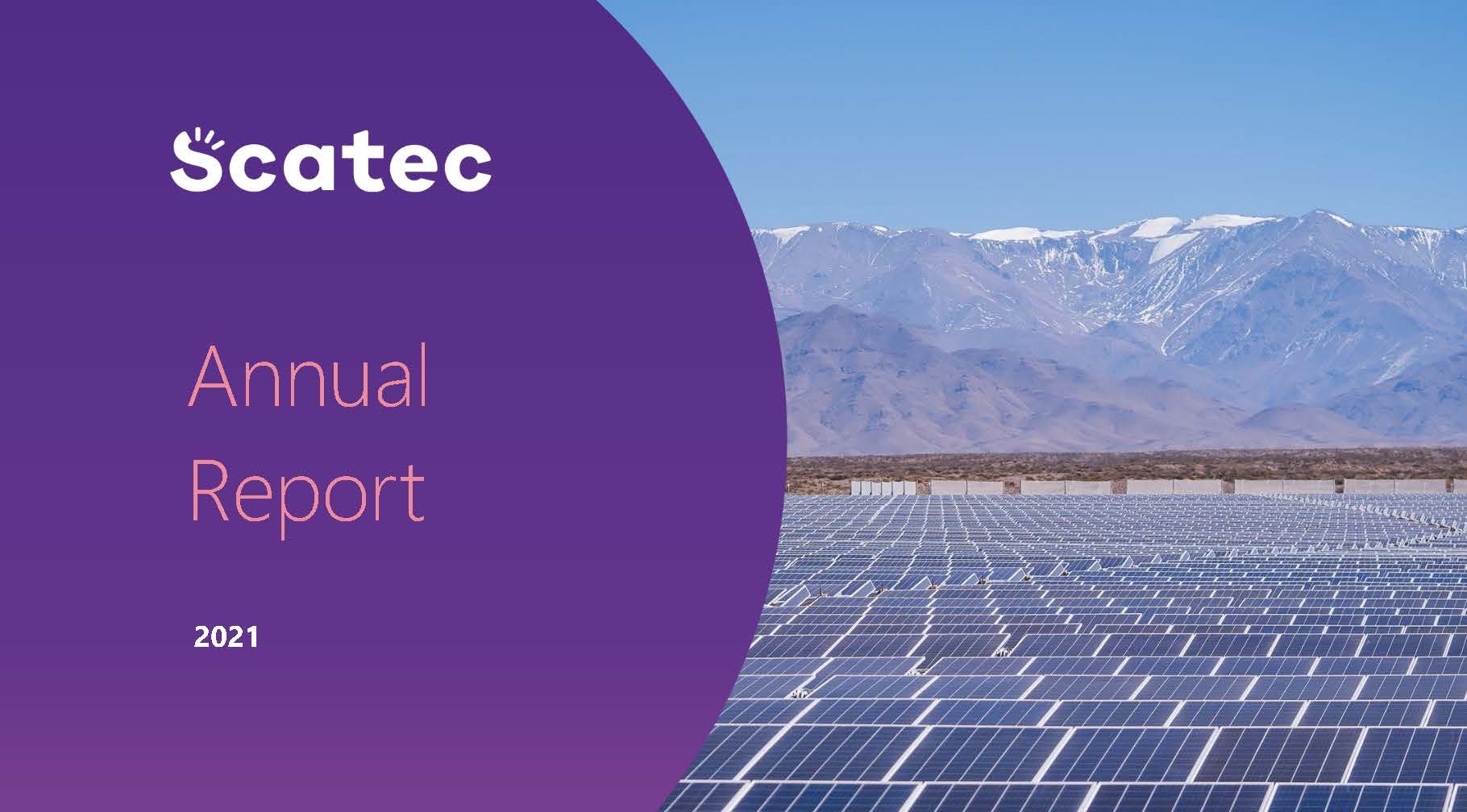Reports

Establishing dialogue with a broad range of stakeholders, including local communities, at an early stage in a project, is critical for understanding a project’s impact and for integration of relevant considerations into the project development process. Community stakeholder engagement is not a series of isolated events, but rather a continuous process throughout the entire life of a project.
Solid interaction with our project neighbours and establishing good relations is essential. In all our operating projects, we have local community engagement and impact assessments. If dialogue with affected parties is not carried out in a timely and integrated manner, misinterpretations and concerns in local communities might arise.
To engage with local communities means to inform people about our projects and their impact, to manage expectations and to ensure local support and understanding. Regular meetings are held with local leaders and representatives in all communities where we have presence. Early dialogue and local presence is critical, and long-term engagement is equally important.
Through biweekly progress reports from project teams, the executive management receives communication on all material matters raised by our communities and other stakeholders.
The grievance mechanism is targeted towards individuals, communities and companies who have feedback or concerns regarding our projects. It is a channel to present issues to the administration of the projects and is directly supervised by our global sustainability unit.
Each grievance is logged in our system, allocated to the responsible person and systematically processed according to our grievance procedures. We aim to have a response time and initiate action to resolve the grievance in a maximum of 15 working days. The mechanism is available at each local project site and in five different languages on our website: English, Arabic, Spanish, Portuguese, Ukrainian and French. The mechanism provides a valuable platform for engaging with communities.
Localised income generation is an important part of the overall sustainability of the communities Scatec operates in. Scatec employs local labour and contractors as far as possible, whether there are legal requirements or not. This process not only provides employment opportunities, but transfers knowledge, skills and spill-over opportunities to community members. The construction phase generally generates more employment opportunities, where workers and suppliers gain valuable experience to increase their employability in the future.
Aligned with our focus on local employment, Scatec employs in country permanent positions in various stages of the value chain, across all organisational business functions including engineers, plant managers, health and safety experts, civil and mechanical workers, security personnel and community liaison officers, to mention a few. Although the availability of local labour, as well as several other factors, influence the achievement of these targets, we continue to strive towards maximising local components and capacity across projects.
We work to strengthen our local supplier base by identifying short, medium and long-term services that could be supplied by entrepreneurs in the local communities surrounding our solar plants. This can be achieved through targeted supplier development initiatives that promote local capability and capacity building.
Contributing to long-term local value creation is a key success criterion towards achieving the overall company goal of delivering competitive and sustainable renewable energy. Scatec plans and implements community development programmes in line with our Community Investments Procedure within the communities where we have operations.
The focus of our socio-economic and environmental development includes, but is not limited to, access to energy, capacity building, health and education. All initiatives and programmes are identified in close dialogue with local stakeholders and in consultations with local community members to ensure that the prioritised needs and significant social challenges of the communities are addressed.
